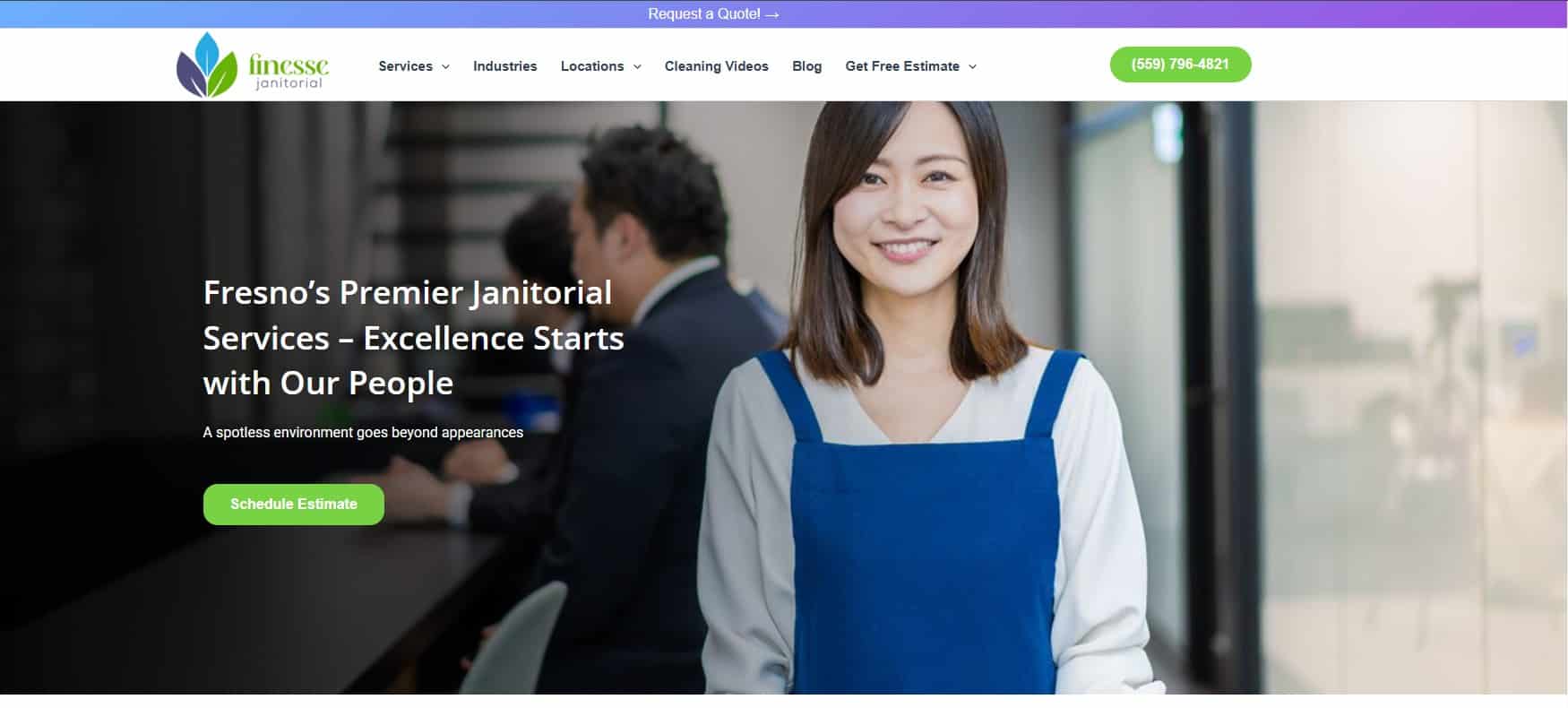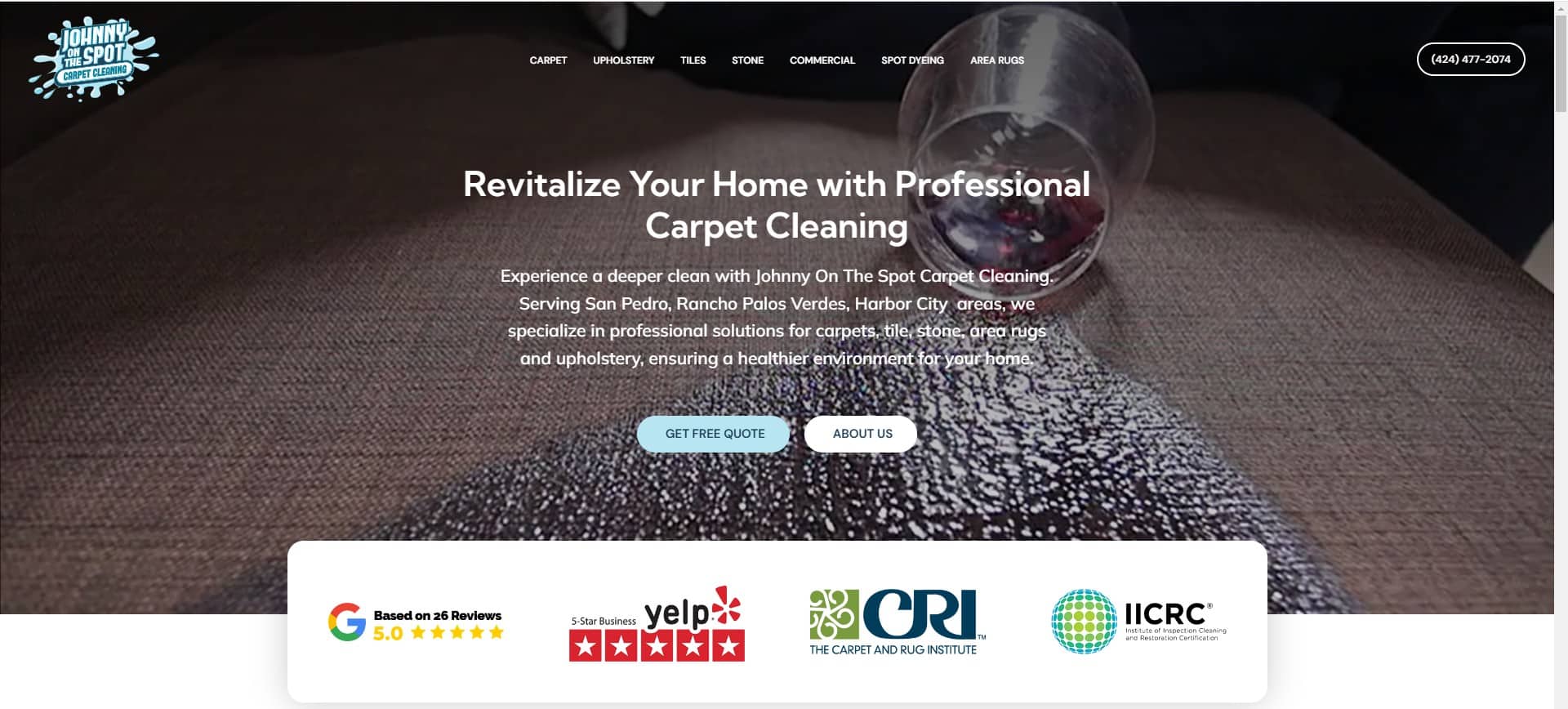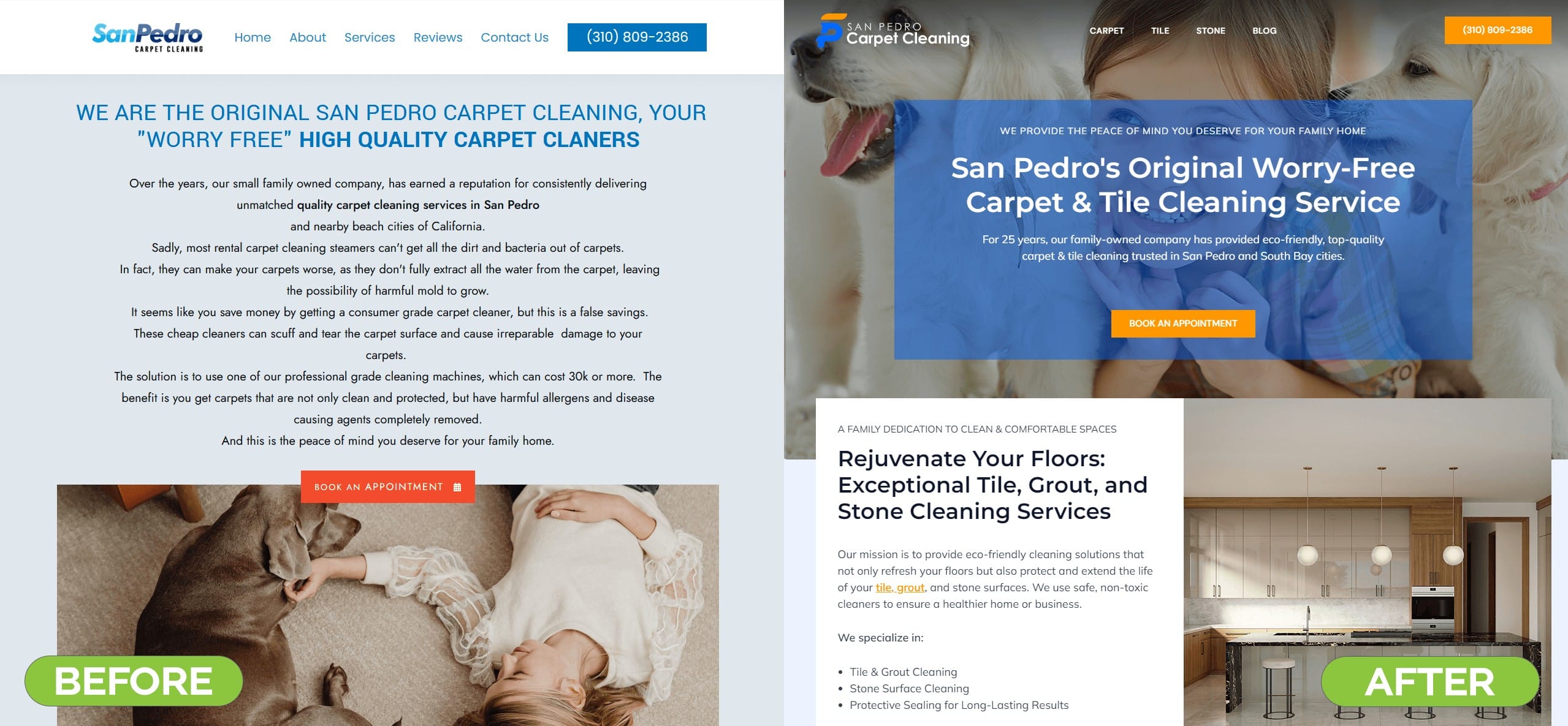Welcome to MethodCleanBiz.com
Propel Your Cleaning Business to New Heights
🚀 Successful Digital Marketing Strategies for Cleaning Businesses
At Methodcleanbiz.com, we specialize in helping cleaning service providers navigate the complexities of digital marketing. Whether you’re aiming for immediate engagement or long-term conversions, our team is here to guide you through every step. Learn more about our digital marketing services for cleaning businesses.
- ✅ Tailored strategies for commercial cleaning, janitorial services, specialty cleaning, house cleaning, and carpet cleaning.
- ✅ In-depth market research and personalized marketing plans that set your brand apart in a competitive industry.
- ✅ Focused on maximizing your return on investment with data-driven tactics.
With over 25 years of experience in the cleaning industry and digital marketing, Method Clean Biz is your trusted growth partner. Join a thriving community where our free resources are downloaded over 22,000 times annually. Let us help your cleaning business thrive in the digital age!
📋 Digital Marketing Services for Your Cleaning Business
Explore our full suite of digital marketing solutions designed to help cleaning businesses grow, rank higher, and attract more local clients.
💻 Cleaning Business Website Designs That Drive Results
Explore our portfolio of cleaning business website redesigns—from janitorial to residential carpet cleaning—each built to improve conversions, boost trust, and strengthen local SEO.

Finesse Janitorial – Final Design

Johnny On The Spot – Carpet Cleaning Redesign

San Pedro – Before & After Website Transformation
Digital Marketing ROI Calculator for Cleaning Services
- Enter your total monthly marketing cost (ads + agency).
- Enter how many new clients you gain from that cost.
- Enter the average revenue per client per year.
- Estimate what percentage of clients stay over 10 years.
Monthly ROI: --%
10-Year ROI: --%
Solution
Our 6-Step Process for Creating a Digital Marketing Plan
Our 6-step process for creating a digital marketing plan is designed to be a living document that can be updated and optimized over time.
Step 1
Define your objective or financial goal
The first step in creating a successful marketing plan is to determine how much revenue or profit you want to generate in a year. Whether you’re aiming for $50K, $100K, or even a million, it’s important to start here, as some of the other answers will depend on this.
Step 2
Assess available resources and commitment level
In order to create a plan that’s sustainable over the long term, it’s important to be honest about the resources you can commit to it. This includes factors such as how many hours per day/week/month you’re willing to invest in the campaign, how much money you can spend on marketing and advertising each month, and how many business leads you need.
Step 3
Define your target audience
The next step is to determine the types of businesses or household demographics you want to target. This can be broken down into two main categories: industry or geographic location. For example, you may want to target churches or medical buildings, or you may want to hit every business in a certain zip code, town, or radius.
Step 4
Focus on your services
Which services will you focus on? This section works hand in hand with step 3, as certain services may fit better with certain targets. For example, churches and professional offices are great for carpet cleaning with encapsulation and VCT, while restaurants and hotels may have more hard tile to clean. We will help you fit the right services with the right accounts.
Step 5
Develop an activity log
What physical actions can your company and ours take on a daily/weekly/monthly rotation to achieve your goals? Some examples might include cold calling 20 businesses per week, making 20 connections on LinkedIn per week, running a Facebook ad Monday-Friday for a specific budget, posting one article on social media per week, writing one blog per month, shooting two videos per month, and mailing each qualified lead/prospect twice per year.
Step 6
Determine training needs
Finally, we will work with you to identify the sales and marketing training you need to accomplish your goals, including immediate, short-term, and long-term training options.
🎥 Watch: How to Market Your Janitorial or Commercial Cleaning Business
Discover proven strategies for marketing commercial cleaning and janitorial services in this quick video guide—perfect for boosting leads and growing your brand online.
✨ Tailored Strategies for Cleaning Service Success
Unlock the power of targeted digital marketing to grow your cleaning business effectively.
📍 Geographic Strategy
Dominate your local area by targeting specific towns, counties, or zip codes. We position your cleaning business at the forefront of local searches, ensuring clients in your region find you first.
🏢 Account-Based Strategy
Want to attract specific types of clients? Whether it's residential homeowners or commercial buildings, we create campaigns that align perfectly with your ideal audience.
🧹 Service-Based Strategy
Have a specialized service that sets you apart? We craft marketing campaigns to spotlight your flagship service — whether it's house cleaning, carpet cleaning, or janitorial services.
Real People, Real Experiences
Trustindex verifies that the original source of the review is Google. These resources are extremely helpful and the great part, they are free. No strings attached. Go support.Trustindex verifies that the original source of the review is Google. The proposal template was very helpful to submit our first offer.Trustindex verifies that the original source of the review is Google. The free manuals are a terrific resource. Very comprehensive and professional!Trustindex verifies that the original source of the review is Google. Thank you for the valuable information, much appreciated it has helped our company in South Africa a lotTrustindex verifies that the original source of the review is Google. Platform shares real valuable information for free to help small businesses get on the right path for success.Trustindex verifies that the original source of the review is Google. Methodcleanbiz is extremely knowledgable and professional. Thank you Shane for helping out small business owners.Trustindex verifies that the original source of the review is Google. Great service! Thank you !
❓ FAQs: Digital Marketing for Cleaning Businesses
Get answers to the most common questions about marketing your cleaning business online.
▶ How can digital marketing help my cleaning business grow?
▶ What is the best digital marketing strategy for a cleaning service?
▶ How does SEO improve my cleaning business website?
▶ Should I use Google Ads for my cleaning business?
▶ How can a CRM system help my cleaning business?
🚀 Elevate Your Cleaning Business with Expert Marketing
Whether you're looking to boost visibility, increase leads, or optimize your digital presence, our expert team is here to craft a customized marketing strategy tailored to your cleaning business.
Professional Development Resources for Cleaning Businesses
🔹 Empowering Cleaning Services to Scale and Succeed with Expert Growth Strategies

